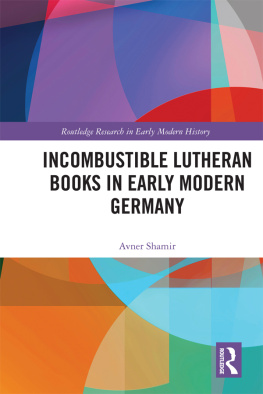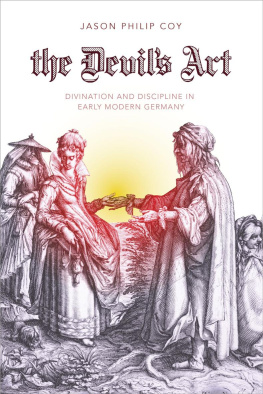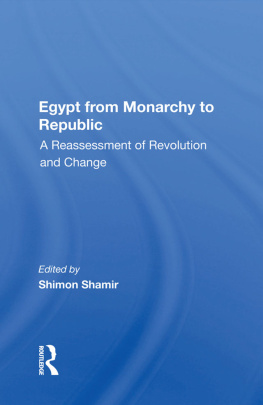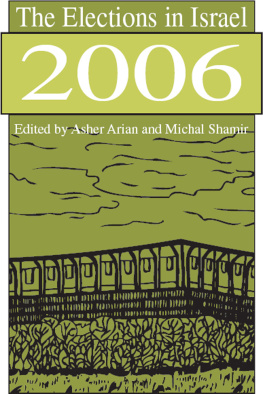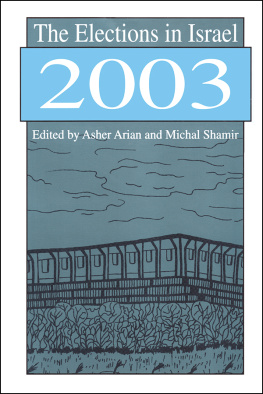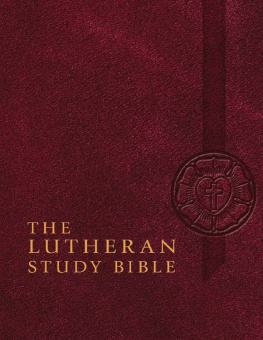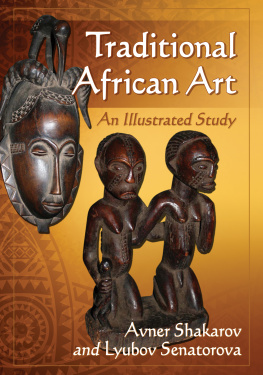Incombustible Lutheran Books in Early Modern Germany
This book discusses the early modern engagement with books that survived intentional or accidental fire in Lutheran Germany. From the 1620s until the middle of the eighteenth century, unburnt books became an attraction for princes, publishers, clergymen, and some laymen. To cope with an event that seemed counter-intuitive and possibly supernatural, contemporaries preserved these books, narrated their survival, and discussed their significance. This book demonstrates how early modern Europeans, no longer bound to traditional medieval religion, yet not accustomed to modern scientific ways of thinking, engaged with a natural phenomenon that was not uncommon and yet seemed to defy common sense.
Avner Shamir is Associate Professor at the SAXO Institute, University of Copenhagen.
Routledge Research in Early Modern History
The Reformation of Englands Past
John Foxe and the Revision of History in the Late Sixteenth Century
Matthew Phillpott
Science in an Enchanted World
Philosophy and Witchcraft in the Work of Joseph Glanvill
Julie Davies
The English Chartered Trading Companies, 16881763
Guns, Money and Lawyers
Michael Wagner
Enlightenment in Scotland and France
Studies in Political Thought
Mark Hulliung
The School of Salamanca in the Affairs of the Indies
Barbarism and the Political Order
Natsuko Matsumori
Criminal Justice during the Long Eighteenth Century
Theatre, Representation and Emotion
Edited by David Lemmings and Allyson N. May
The English Woollen Industry, c. 1200c. 1560
John Oldland
Incombustible Lutheran Books in Early Modern Germany
Avner Shamir
For more information about this series, please visit: www.routledge.com/Routledge-Research-in-Early-Modern-History/book-series/RREMH
Incombustible Lutheran Books in Early Modern Germany
Avner Shamir
First published 2019
by Routledge
52 Vanderbilt Avenue, New York, NY 10017
and by Routledge
2 Park Square, Milton Park, Abingdon, Oxon, OX14 4RN
Routledge is an imprint of the Taylor & Francis Group, an informa business
2019 Taylor & Francis
The right of Avner Shamir to be identified as author of this work has been asserted in accordance with sections 77 and 78 of the Copyright, Designs and Patents Act 1988.
All rights reserved. No part of this book may be reprinted or reproduced or utilised in any form or by any electronic, mechanical, or other means, now known or hereafter invented, including photocopying and recording, or in any information storage or retrieval system, without permission in writing from the publishers.
Trademark notice: Product or corporate names may be trademarks or registered trademarks, and are used only for identification and explanation without intent to infringe.
Library of Congress Cataloging-in-Publication Data
A catalog record for this book has been requested
ISBN: 978-0-367-15120-1 (hbk)
ISBN: 978-0-429-05517-1 (ebk)
Typeset in Sabon
by Apex CoVantage, LLC
Nicht heisse Glut, Nicht wilde Flut Noch spotter Wut, Schadt disem Gut
(Neither hot glow nor fierce flood nor scornful fury harm this book)
(Paradiesgrtlein, Ulm, 1694)
Contents
The historical museum Flohburg in the small Thuringian town of Nordhausen, Germany, exhibits an unusual book. It is a Luther Bible issued by the famous Lneburg publishing house Stern in 1698. Its title is Biblia, Das ist: Die gantze Heilige Schrifft Alten und Neuen Testaments Verteutschet durch Martin Luthern. In addition to Martin Luthers translation of the text of Scripture it contains an introduction by the Wittenberg theologian Abraham Calov, a short introduction to the reading of Scripture composed by the popular author of edifying books Johann Arndt (Informatorium Biblicum), a short tractate on the catechism by the Jena theologian Johann Gerhard (Erklrung des Catechismi durch ausserlesente Sprche heiliger Schrifft), a Trost-Bchlein, and a division of the book of Psalms. At the end of the book, a prayer and hymn book are attached. The Bible is unassuming; it is unadorned and has no illustrations. It was described as a Hand-bibel by a contemporary, and it was apparently one of those Bibles produced by Stern specifically for churchgoers, and therefore all the necessary devotional texts were gathered in one volume.
This book is the so-called Brandbibel, which once belonged to Johann Richard Otto, pastor at St. Marys Church in Altendorf near Nordhausen (Figure 1.1). The book was found almost undamaged in the ashes of Pastor Ottos house, which burned down during the fire that badly damaged Nordhausen on August 23, 1710 (Figure 1.2). The Bible was regarded by its owner and other clergymen in the town as a significant object, a valuable asset, a divine sign, and subsequently as the inspiration for founding a boarding school for orphans (Waisenhaus). From 1716, the book was in the orphanage that was built at the place where the pastors house had stood. In 1927, when the school was closed and the municipality took over the building, the Church of St. Blaise, the books actual owner, gave the book to Stadtarchiv Nordhausen, from which it is now on loan at the Flohburg museum.
This rather small book (16 cm 9 cm, identified at the time as a small duodecimo), bound in dark goatskin and with gilded edges, has two metal clasps, of which the upper one is damaged. The book is visibly oldthe binding has begun to fall apart, in some places the pages are darkened, and there are one or two holes in the first pages. However, none of these signs of decay can be attributed to combustion: the books appearance is the result of use and age. No signs of soot, no burning of the edges, no holes in the leather cover are visible. Even the damage to one of the metal clasps does not appear to be the result of fire. Nevertheless, rich documentationinscriptions inside the book as well as historical accountstells the story of the unexpected survival of the book that day in August 1710 when the fire ravaged Nordhausen. A short poetic inscription in Latin on the first page, made in 1715 by Johann Heinrich Kindervaterpastor at St. Blaise and a future administrator of the Waisenhausas well as a longer narrative in German on the following page, made by Pastor Otto just one day after the fire, narrate the providential preservation of the book. In 1716, two cases, a cardboard case the exact size of the book and a wooden box that was somewhat larger, were made for the special purpose of storing the Brandbibel, which from this time was carefully preserved and kept at the Waisenhaus. A few historical accounts describe the ceremonial use of the book during a special yearly celebration commemorating the fire.

Source: By permission of Stadtarchiv Nordhausen. Photograph by author.
A modern museum exhibit inviting viewers, an archival deposit enabling scholarly investigation, a ceremonial object protected and hidden yet publicly celebrated once a year, a common Lutheran Bible used regularly by a village pastor who kept it on the desk in his study, ink on paper bound in leather: what kind of a thing was the



